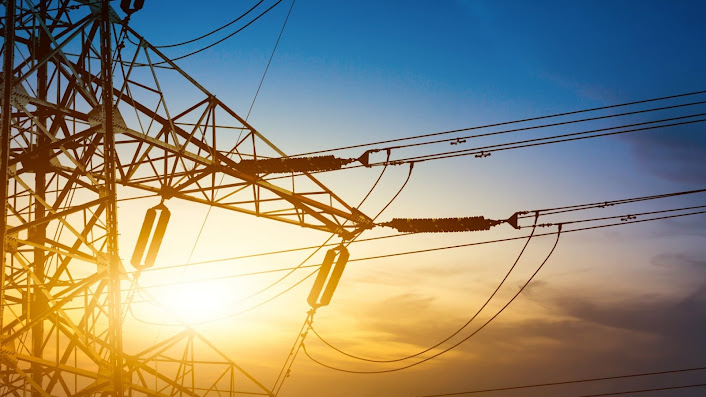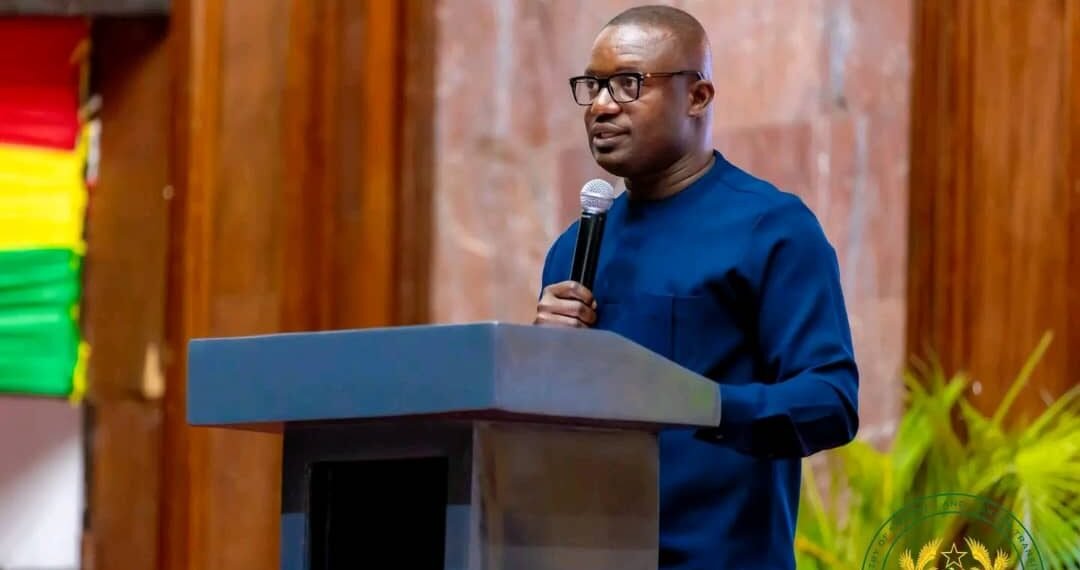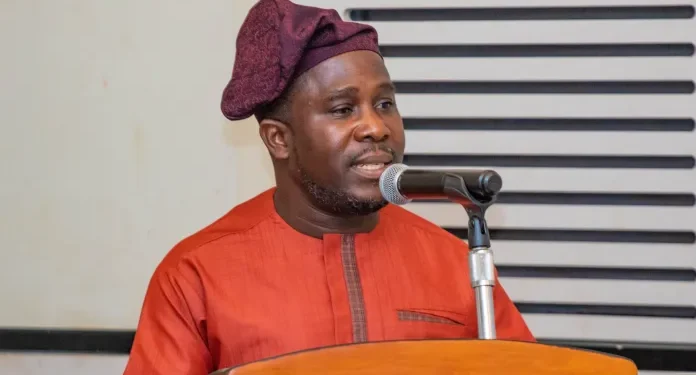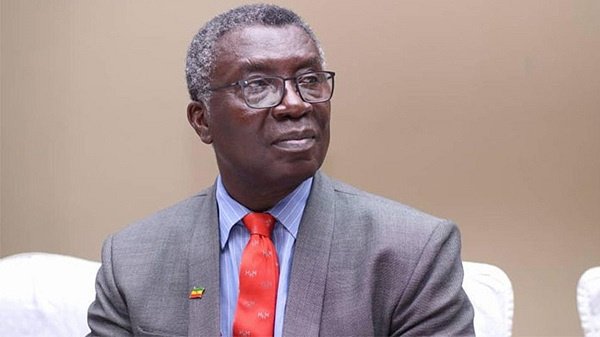Ghana’s Minister for Energy and Green Transition, Hon. John Abdulai Jinapor, has lauded the Bulk Oil Storage and Transportation Company Limited (BOST) for its rising efficiency and growing impact on national and regional energy infrastructure.
Speaking during an engagement with stakeholders in Accra, Mr. Jinapor described BOST’s recent strides as “a clear demonstration of what competent public leadership can achieve.”
The Minister credited BOST’s management team, led by Managing Director Afetsi Awoonor, for steering the company towards renewed relevance and reliability in the petroleum logistics space.
“There is a marked improvement in how BOST is operating. It’s clear that with vision and discipline, a state-owned enterprise can deliver strong results.”
Hon. John Abdulai Jinapor, Minister for Energy and Green Transition
Mr. Jinapor revealed that discussions are already underway, positioning Ghana to serve as a regional energy hub.
“We are actively working on extending a pipeline from Ghana to Burkina Faso.
“Once completed, it will ensure secure and efficient fuel supply to our northern neighbour, further establishing Ghana as the sub-region’s logistics anchor for petroleum products.”
Hon. John Abdulai Jinapor, Minister for Energy and Green Transition

This project, once operational, is expected to significantly reduce transit costs and enhance fuel availability in landlocked countries, while generating foreign exchange and employment opportunities for Ghana.
Beyond regional integration, BOST’s core mandate, safeguarding Ghana’s strategic petroleum reserves, has been revitalised.
The Minister confirmed that significant investments in infrastructure, including rehabilitation of dormant depots and restoration of pipelines, have started to pay off.
“Today, we are no longer talking about strategic reserves as an aspiration. We are seeing physical results.
“The reserves are growing, and that means Ghana is better prepared for any external fuel supply shocks.”
Hon. John Abdulai Jinapor, Minister for Energy and Green Transition
He added that BOST’s expanded storage capabilities would not only buffer against global volatility but also help to stabilise domestic pump prices, a persistent concern for Ghanaian consumers.
Broader Energy Sector Progress

Mr. Jinapor, who assumed office just seven months ago, offered a broader overview of achievements under his leadership.
He pointed to three specific areas that are shaping Ghana’s energy trajectory. Ghanaians across the country have experienced greater consistency in electricity delivery.
“It’s not been perfect, but we have drastically reduced the erratic power disruptions that were once common.
“Stabilising the grid was a priority, and we are delivering on that promise.”
Hon. John Abdulai Jinapor, Minister for Energy and Green Transition
In addition to growing reserves, reforms in petroleum importation, storage, and distribution are being harmonised under a unified strategy. “We’re not only improving stock levels but modernising the systems that track and manage these resources,” he explained.
Mr. Jinapor highlighted ongoing efforts to entrench transparency and accountability in energy institutions.
“We have embarked on an ambitious reform agenda, one that targets inefficiencies and addresses systemic issues. Our focus is to ensure that every cedi invested in this sector yields value for the Ghanaian people.”
Hon. John Abdulai Jinapor, Minister for Energy and Green Transition
These reforms include audits of legacy contracts, restructuring of power purchase agreements, and digitisation of monitoring tools within state-owned entities.

Wrapping up his remarks, the Energy Minister stressed that continued success would depend on collaboration across both public and private actors. He appealed for collective commitment to build on current momentum.
“This is not the time for complacency. We must remain focused and united in our mission to transform Ghana’s energy landscape.
“The gains we have made are only the beginning.”
Hon. John Abdulai Jinapor, Minister for Energy and Green Transition
As Ghana pushes forward with its energy transformation agenda, BOST’s rising role appears increasingly central.
With regional infrastructure projects on the horizon and internal efficiencies being reinforced, the company is positioning itself as a critical asset in Ghana’s energy strategy.
Observers within the industry suggest that if the current trajectory continues, BOST could serve as a model for how state-owned enterprises can align with national development goals while operating efficiently in a competitive sector.
READ ALSO: Ghana Fire Service Records Major Progress Amid Resource Constraints























